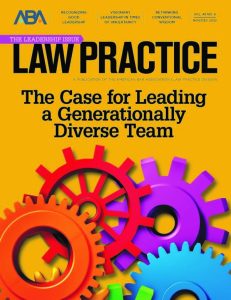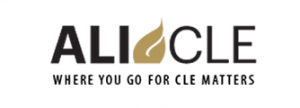LP Magazine — Why Influencers Might Be Your Law Firm’s Next Big Marketing Move
In a digital landscape where attention is currency, law firms are beginning to ask a provocative question: Can influencers drive legal business? My latest marketing column, in the September/October 2025 issue of ABA Law Practice, addresses The Rise of the Influencer in Legal Marketing.
Gone are the days when law firm marketing revolved solely around SEO, pay-per-click campaigns, and carefully crafted blog content. Today, the spotlight is shifting toward social media influencers—individuals with massive followings and the power to shape consumer behavior. As I note, influencer marketing is no longer a novelty; it’s a $10 billion industry projected to keep growing. And while it’s long been a staple in retail and entertainment, its potential in legal services is just beginning to surface.
Shortly after moderating an ABA CLE on the subject of influencers, and having already submitted this column to the magazine editors, I read an interesting article in the Wall Street Journal, These Restaurants, Salons and Workouts Are Free for Hot People—if They Post About Them, that focused on the influencer-targeted social media app, Neon Coat, founded by a model as a way to book entire days of meals and experiences for free, by tying brands and businesses. Unfortunately, I don’t appear to qualify as “hot,” and must grab hard-to-book tables on Open Table by being first when a reservation window opens, but wondering if you could offer up legal services, is an interesting notion. It was highlighted by Jones Walker attorney Kaytie Pickett in a blog post on the firm website.
 Marketing Attorney Blog
Marketing Attorney Blog



 When ALI CLE asked me to present an ethics CLE on lawyer advertising, I hesitated. After all, I’ve been teaching this course across the country for more than 20 years. But the timing was right. There were hot-button issues sitting on my desk, and the equally red-hot debate over making the first substantial changes to the Rules of Professional Conduct related to law firm marketing since Bates v Arizona in 1977. So I said yes.
When ALI CLE asked me to present an ethics CLE on lawyer advertising, I hesitated. After all, I’ve been teaching this course across the country for more than 20 years. But the timing was right. There were hot-button issues sitting on my desk, and the equally red-hot debate over making the first substantial changes to the Rules of Professional Conduct related to law firm marketing since Bates v Arizona in 1977. So I said yes.